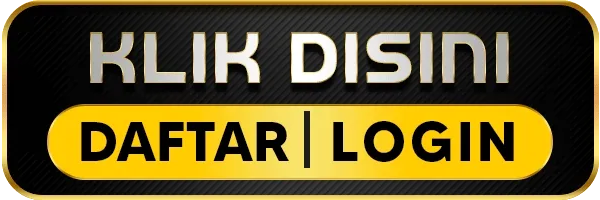1
/
of
1
QQ101
QQ101 Situs Slot Server Thailand Terbaik #1 Hari ini 2024 Anti Rungkad
Mainkan slot online gacor RTP tinggi di server Thailand tercepat & anti rungkad! Bonus & jackpot besar menanti! Daftar & Menang Hari Ini!
Regular price
Rp 0,00 IDR
Regular price
Unit price
/
per
Mainkan slot online gacor RTP tinggi di server Thailand tercepat & anti rungkad! Bonus & jackpot besar menanti! Daftar & Menang Hari Ini!
QQ101 merupakan kumpulan dari beberapa situs slot gacor dengan permainan terlengkap paling gacor dan dapat bocoran rtp 98% supaya gampang maxwin resmi terpercaya 2024.
Share
- Choosing a selection results in a full page refresh.
- Opens in a new window.


